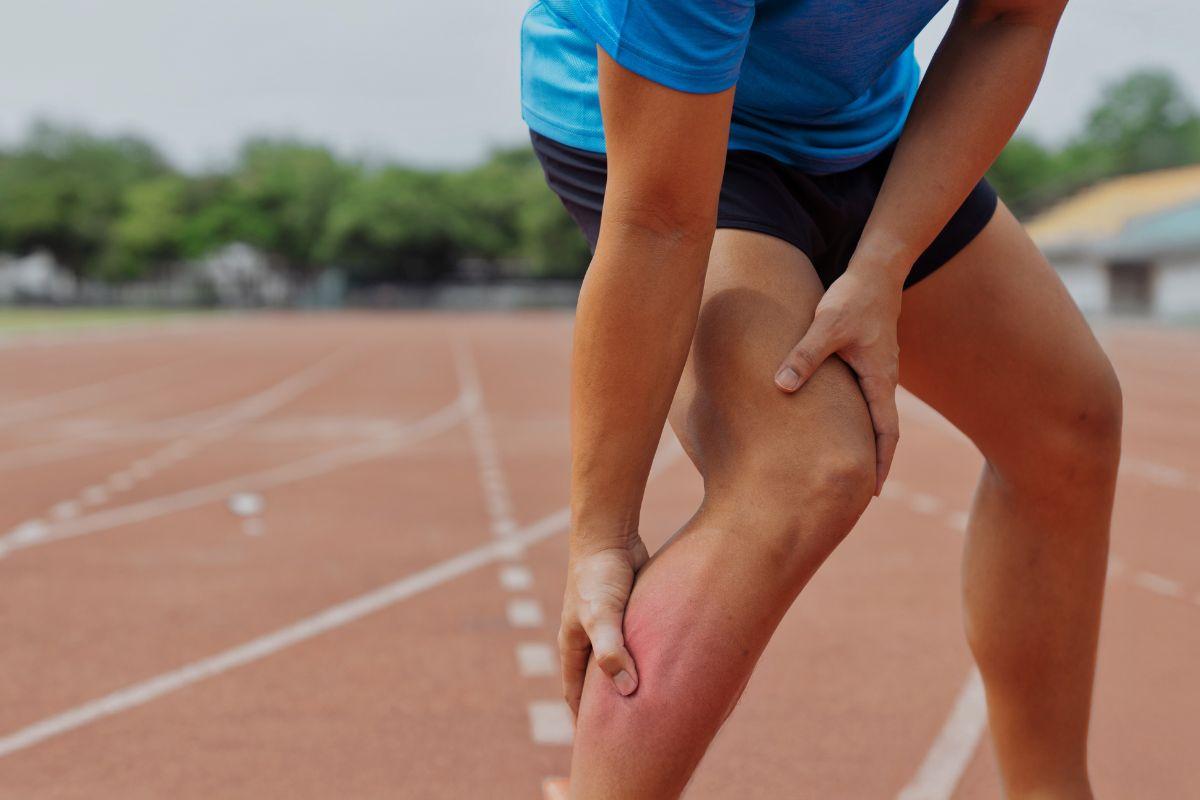Written by Mr Cheyne Voss for Doctify
Each year, one in three people will develop back pain. Most often this is lower back pain. About four in five people are affected at some point in their lifetime.
It mostly affects those aged between 30 and 60 years old.
Doctify spoke to a leading physiotherapist, Cheyne Voss, and asked him to give his views on the leading causes of lower back pain.
What causes lower back pain?
There are a number of potential causes of lower back pain:
- Musculoskeletal lower back pain – can be caused by poor posture, lifting incorrectly, or bending awkwardly.
- Herniated/Slipped disc – a disc in the spine is damaged and presses onto a spinal nerve
- Sciatica – irritated or compressed sciatic nerve (a large nerve projecting down to the leg) resulting in pain, numbness and tingling travelling down one leg
Lower back pain can also radiate to other parts of the body, this is typically known as referred pain.
If you have lower back pain, you may have tension, soreness or stiffness in your lower back. You may also feel some pain in your upper legs. This can often be what is known as ‘non-specific pain’ (i.e., pain which has no obvious cause). People with back pain should try to remain as active as possible. Take over the counter painkillers, if necessary, and use hot and cold compression packs. If the back pain hasn’t improved within six weeks then patients should book an appointment with their local GP.
What sports are good and which are bad?
Try to avoid placing too much pressure on your back and ensure it’s strong and supple. Regular exercise, such as walking, jogging and swimming, is an excellent way of preventing back pain. Activities such as yoga or Pilates can improve your flexibility and strengthen your back muscles. These are all activities that you keep your back straight.
How can a physiotherapist help?
I always strive to get each patient pain-free and back to full fitness as fast as possible. Most patients book after they feel the strain of an injury or are suffering from a prolonged injury that is causing them stress. In some cases, I do see marathon runners who are looking to learn about ways to prevent injuries that can occur during sustained physical endurance activities. In general, however, lower back pain and shoulder pain are the most common reasons why patients tend to visit me.




